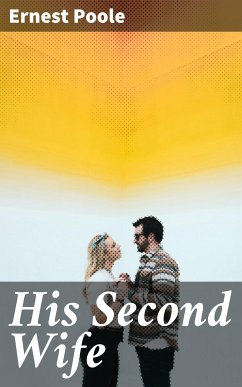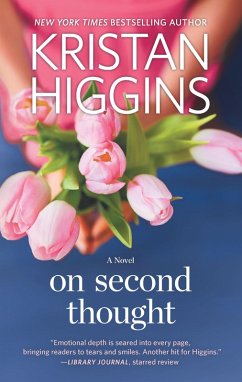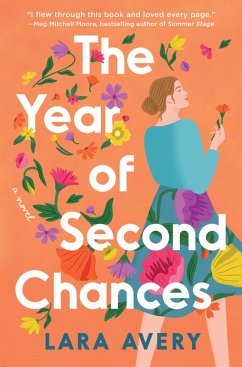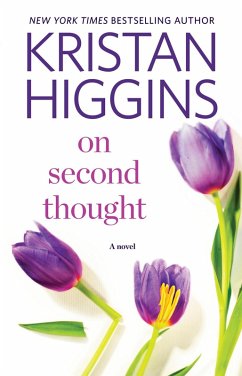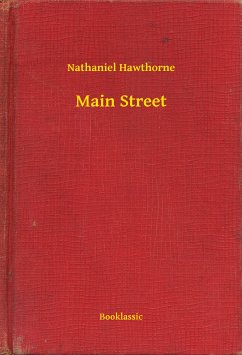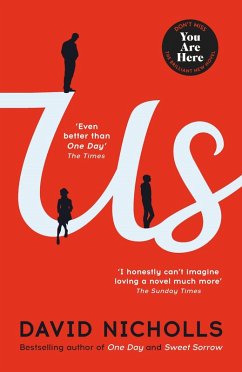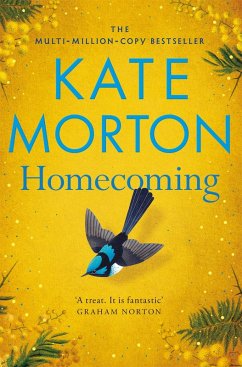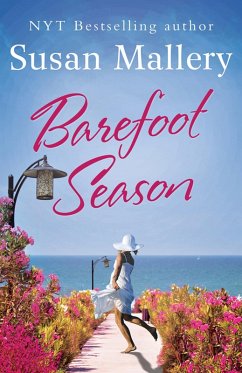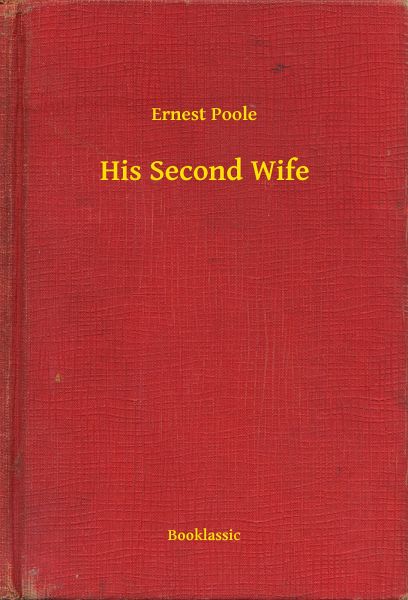
His Second Wife (eBook, ePUB)

PAYBACK Punkte
0 °P sammeln!
His Second Wife was written in the year 1918 by Ernest Poole. This book is one of the most popular novels of Ernest Poole, and has been translated into several other languages around the world.
This book is published by Booklassic which brings young readers closer to classic literature globally.
This book is published by Booklassic which brings young readers closer to classic literature globally.
Dieser Download kann aus rechtlichen Gründen nur mit Rechnungsadresse in A, B, BG, CY, CZ, D, DK, EW, E, FIN, F, GR, H, IRL, I, LT, L, LR, M, NL, PL, P, R, S, SLO, SK ausgeliefert werden.




